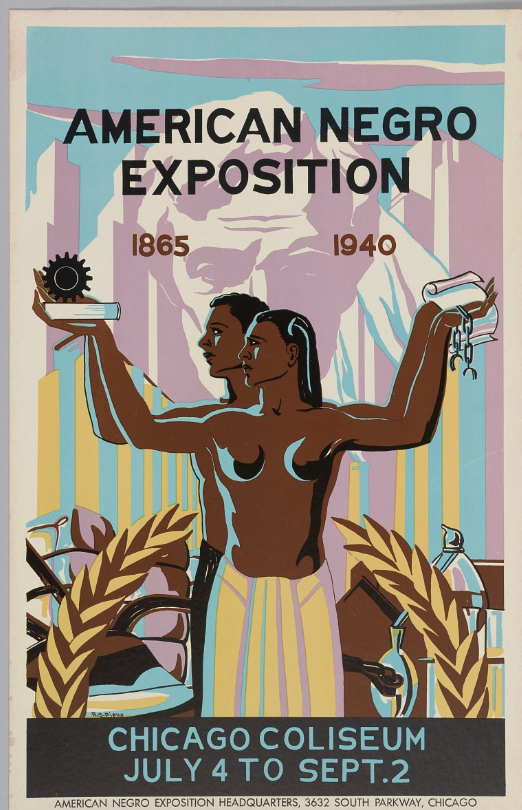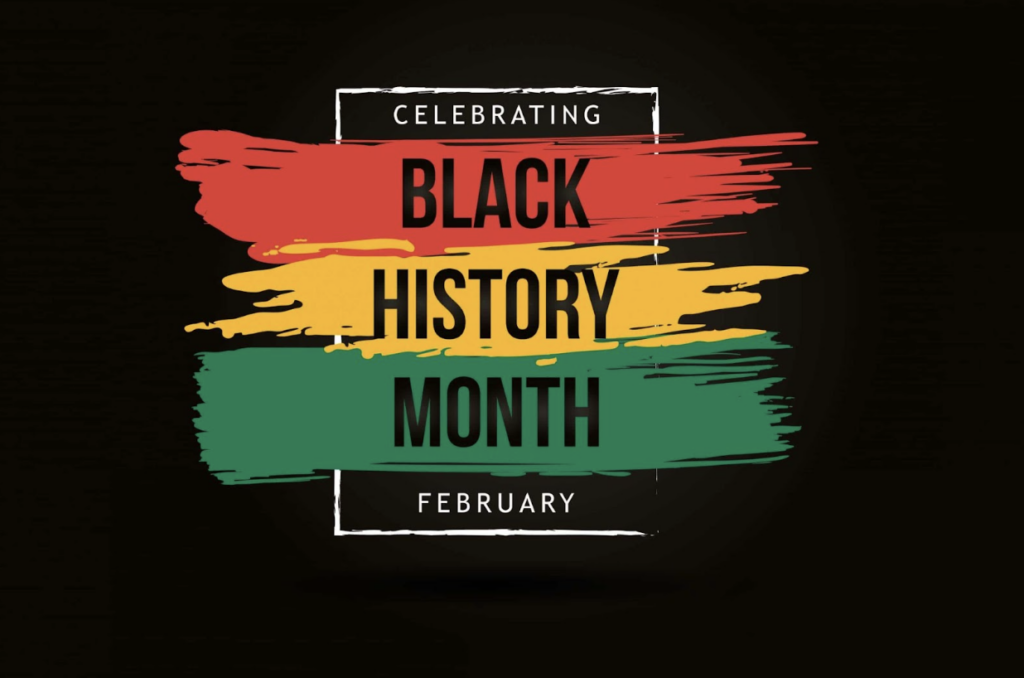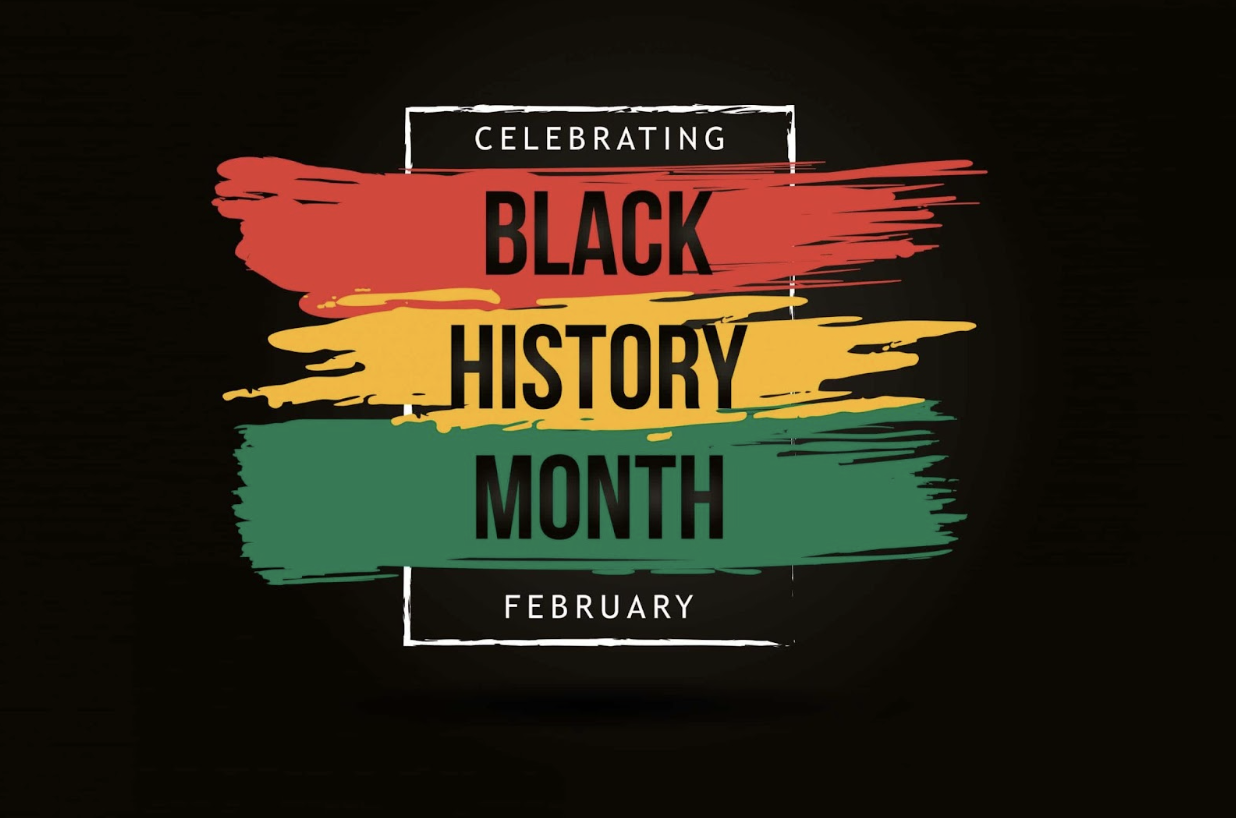
Chicago's Role in Black History Month: Dr. Carter G. Woodson's Legacy
In 1926, Dr. Carter G. Woodson made history in Chicago by initiating Negro History Week, a precursor to what we now celebrate as Black History Month. This week-long event coincided with the birthdays of Abraham Lincoln and Frederick Douglass, aiming to highlight Black American contributions to American history.
At the forefront of the celebration was the “National Emancipation Exposition” that took place at the Chicago Coliseum. This groundbreaking exhibition showcased African American achievements from slavery to the present day, attracting thousands of visitors and challenging stereotypes.
The success of Negro History Week in Chicago inspired Dr. Woodson to advocate for its expansion nationwide, leading to its eventual establishment as Black History Month. In 1976, President Gerald Ford officially recognized Black History Month, calling upon the public to “seize the opportunity to honor the too-often neglected accomplishments of Black Americans in every area of endeavor throughout our history.”

Today, Black History Month serves as a time to acknowledge the struggles and triumphs of African Americans, to educate others about black history and culture, and to reflect on the ongoing quest for racial equality and justice. It all began in Chicago, with Dr. Carter G. Woodson’s visionary leadership and dedication to preserving and promoting African American history—a legacy that continues to inspire and empower people around the world.

Create, Discover & Experience Events For The Culture At Eventnoire. Follow Us On Instagram @Eventnoirehq, Follow Us On Twitter @Eventnoire, Like Us On Facebook



